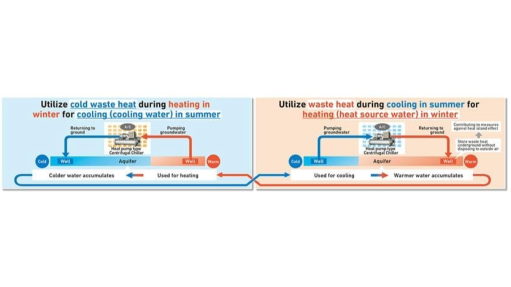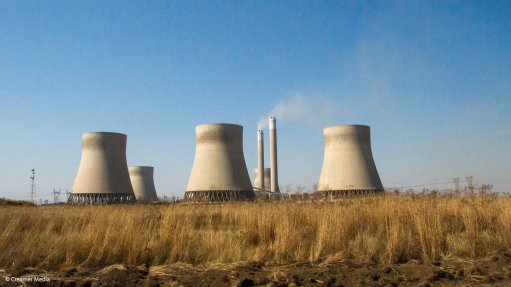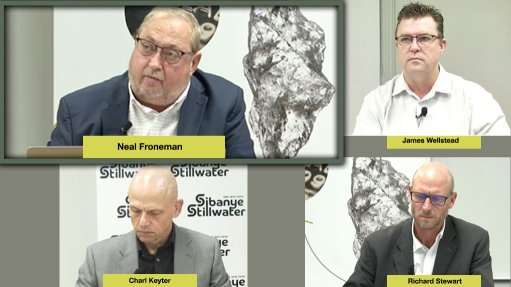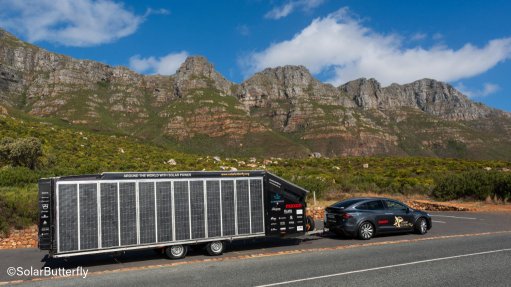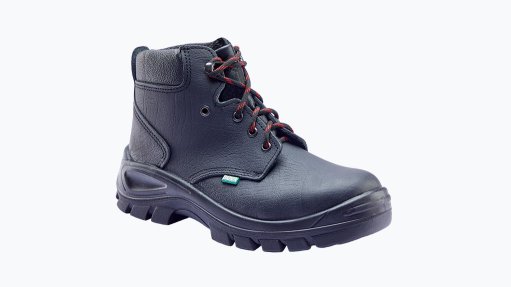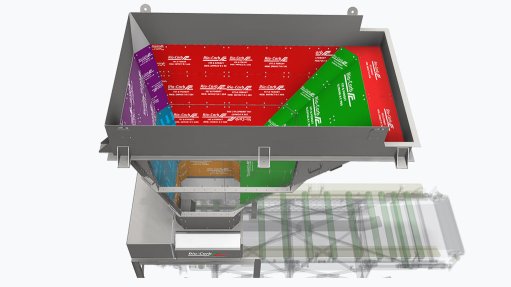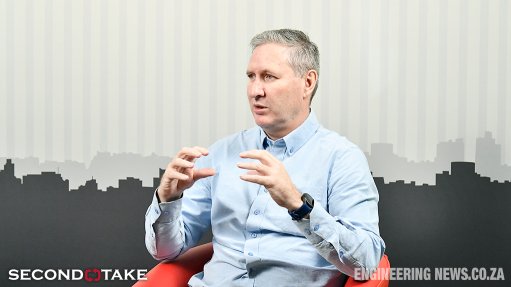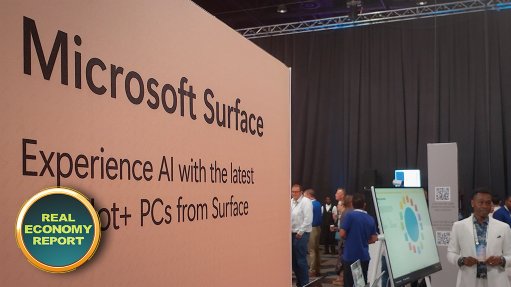Pressure on municipalities key to recycle culture

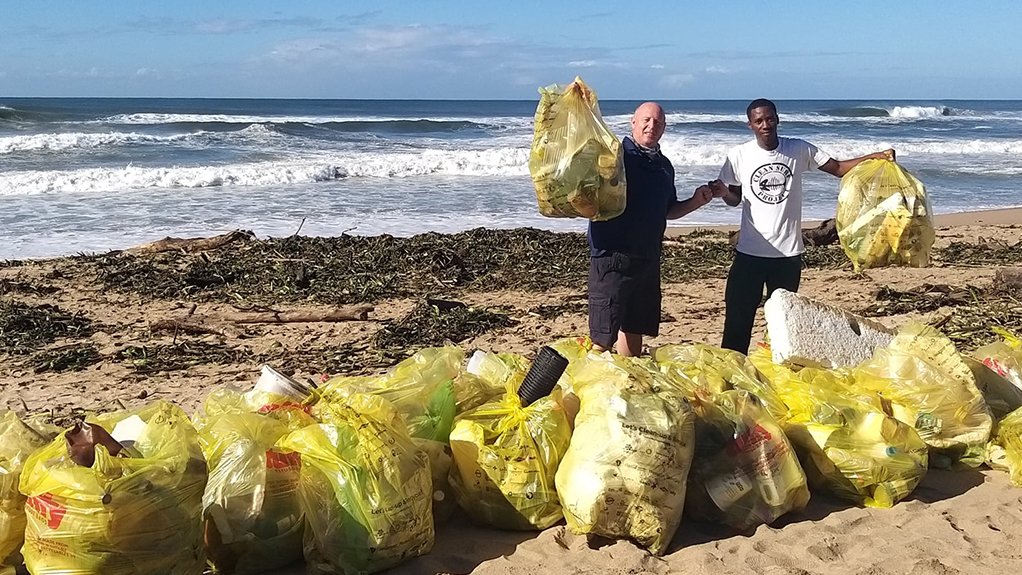
DOUW STEYN AND SMPHIWE SHOZI Plastics SA coordinated South Africa’s participation in the International Coastal Clean-Up Day
THE CONSEQUENCE OF IGNORANCE Many coastal areas in South Africa targeted by the International Coastal Clean-Up Day and the Clean-Up & Recycle SA week are rural areas
The quality of waste management in South Africa is improving, but citizens need to continue putting pressure on municipalities and their respective communities – especially in rural areas – to treat waste as a valuable resource that creates employment if collected and recycled.
“That’s the only way to build a truly circular economy,” says industry body Plastics SA sustainability director Douw Steyn.
For the twenty-fifth year, Plastics SA coordinated South Africa’s participation in the International Coastal Clean-Up Day, which took place on September 18. The event tied in with Plastic SA’s yearly Clean-Up & Recycle SA Week, which ran from September 13 to 18. The event was also linked to the newly launched River Clean-Up Day on September 15, National Recycling Day on September 17 and the World Cleanup Day on September 18.
“The events complement each other because litter and pollution are clearly not just an issue for coastal regions. Much of the plastic litter that ends up on South Africa’s beaches and in the ocean is transported there by inland river systems,” Steyn explains.
He notes that, compared with 25 years ago, there is much greater support and participation in beach clean-ups from communities, corporates, municipalities and national government.
“Back when we started with our first clean-ups, the issue of plastics at sea was of little or no importance to many. This is despite the fact that Plastics SA was already raising awareness over the increasing amount of plastic and other waste material that was entering the marine environment. Currently, this issue has garnered much more attention,” Steyn says.
Demographically, the make-up of the volunteers has also changed.
“We now see regular monthly and weekly beach clean-ups taking place around the country. In most cases, these have sprung from the International Coastal Clean-Up Day, which remains the largest global volunteer effort for ocean health,” he notes.
He adds that these events are vital platforms for raising education and awareness. This yearly public awareness week is supported by all the packaging streams in South Africa to work towards removing all visible litter from the country’s neighbourhoods, streets, rivers, streams, beaches and oceans.
The final destination of the waste that is collected during the event has undergone significant changes and developments since 1996. Much more of it is recycled than before owing to better recycling infrastructure and knowledge.
“There’s a big need among recyclers for clean, good quality material that has been collected and separated forrecycling. These materials are used in a myriad of uses and applications ranging from lightweight cement to household items to brand name sneakers and clothing that are manufactured from ocean waste,” Steyn explains.
This has a positive impact on the amount of waste being diverted away from landfills.
Steyn notes that many coastal areas in South Africa targeted by the International Coastal Clean-Up Day and the Clean-Up & Recycle SA week are rural areas.
“In these areas, collection for recycling is still in its infancy and effective waste management services by local municipalities are lacking,” he laments.
Plastics SA is also working closely with coastal communities, as well as inland communities who assist with the cleaning up of rivers and streams.
South Africa has ten major rivers that cross the country, namely the Orange river in the Northern Cape and Free State, the Limpopo river in Limpopo, the Vaal river in the Free State, Mpumalanga, Gauteng and Northern Cape, the Tugela river in KwaZulu-Natal, the Olifants river in Limpopo and Mpumalanga, the Gamtoos river in the Eastern Cape, the Great Kei river in the Western Cape, the Komati river in Mpumalanga, the Great Fish river in the Eastern Cape and the Molopo river in the North West.
Steyn explains that River Clean-Up Day was launched this year in response to the many enquiries received from members of the public, municipalities and corporates who wanted to get involved in the International Coastal Clean-Up and World Clean-Up Day but could not because they are based far inland.
“Now everybody can contribute to keeping our oceans healthy, regardless of where they live,” he enthuses.
Plastics SA also supports various organisations nationally with logistical support by making low key equipment available to them suchas refuse bags, gloves,rakes, spades and waders, as well as boots, piping and nets to act as water barriers to capture floating debris.
In the Cape Town metropole, Plastics SA focused on retrieving as much plastic material as possible from rivers and streams before it ends up in the ocean.
Most of this material is made of rigid plastics, such as buckets, containers and bottles, which are highly recyclable.
Comments
Press Office
Announcements
What's On
Subscribe to improve your user experience...
Option 1 (equivalent of R125 a month):
Receive a weekly copy of Creamer Media's Engineering News & Mining Weekly magazine
(print copy for those in South Africa and e-magazine for those outside of South Africa)
Receive daily email newsletters
Access to full search results
Access archive of magazine back copies
Access to Projects in Progress
Access to ONE Research Report of your choice in PDF format
Option 2 (equivalent of R375 a month):
All benefits from Option 1
PLUS
Access to Creamer Media's Research Channel Africa for ALL Research Reports, in PDF format, on various industrial and mining sectors
including Electricity; Water; Energy Transition; Hydrogen; Roads, Rail and Ports; Coal; Gold; Platinum; Battery Metals; etc.
Already a subscriber?
Forgotten your password?
Receive weekly copy of Creamer Media's Engineering News & Mining Weekly magazine (print copy for those in South Africa and e-magazine for those outside of South Africa)
➕
Recieve daily email newsletters
➕
Access to full search results
➕
Access archive of magazine back copies
➕
Access to Projects in Progress
➕
Access to ONE Research Report of your choice in PDF format
RESEARCH CHANNEL AFRICA
R4500 (equivalent of R375 a month)
SUBSCRIBEAll benefits from Option 1
➕
Access to Creamer Media's Research Channel Africa for ALL Research Reports on various industrial and mining sectors, in PDF format, including on:
Electricity
➕
Water
➕
Energy Transition
➕
Hydrogen
➕
Roads, Rail and Ports
➕
Coal
➕
Gold
➕
Platinum
➕
Battery Metals
➕
etc.
Receive all benefits from Option 1 or Option 2 delivered to numerous people at your company
➕
Multiple User names and Passwords for simultaneous log-ins
➕
Intranet integration access to all in your organisation








